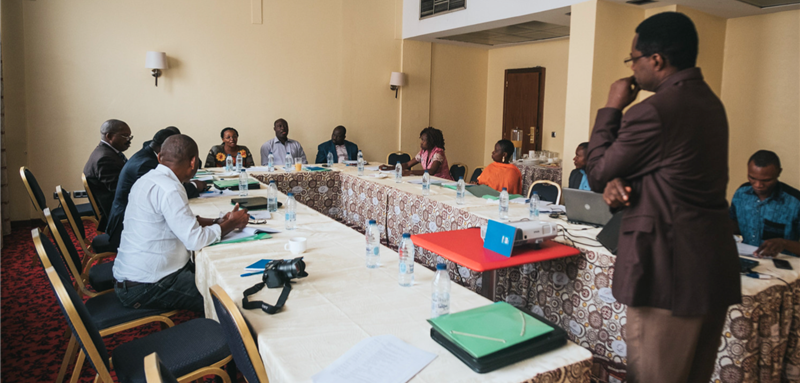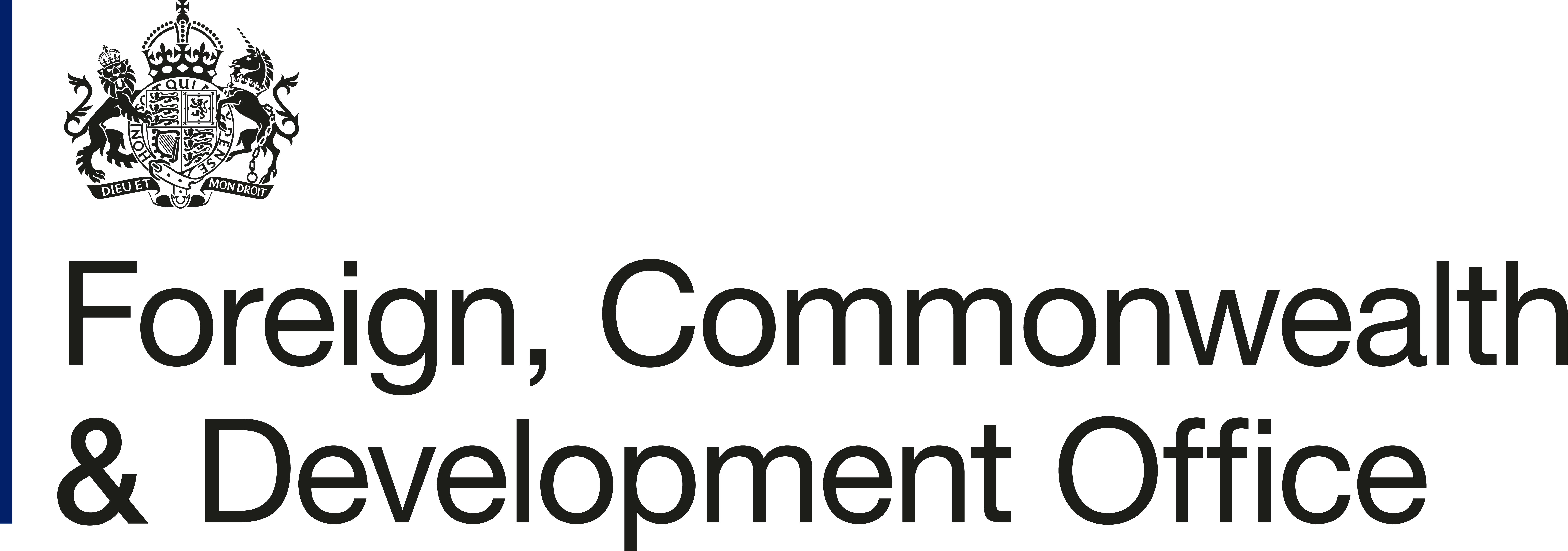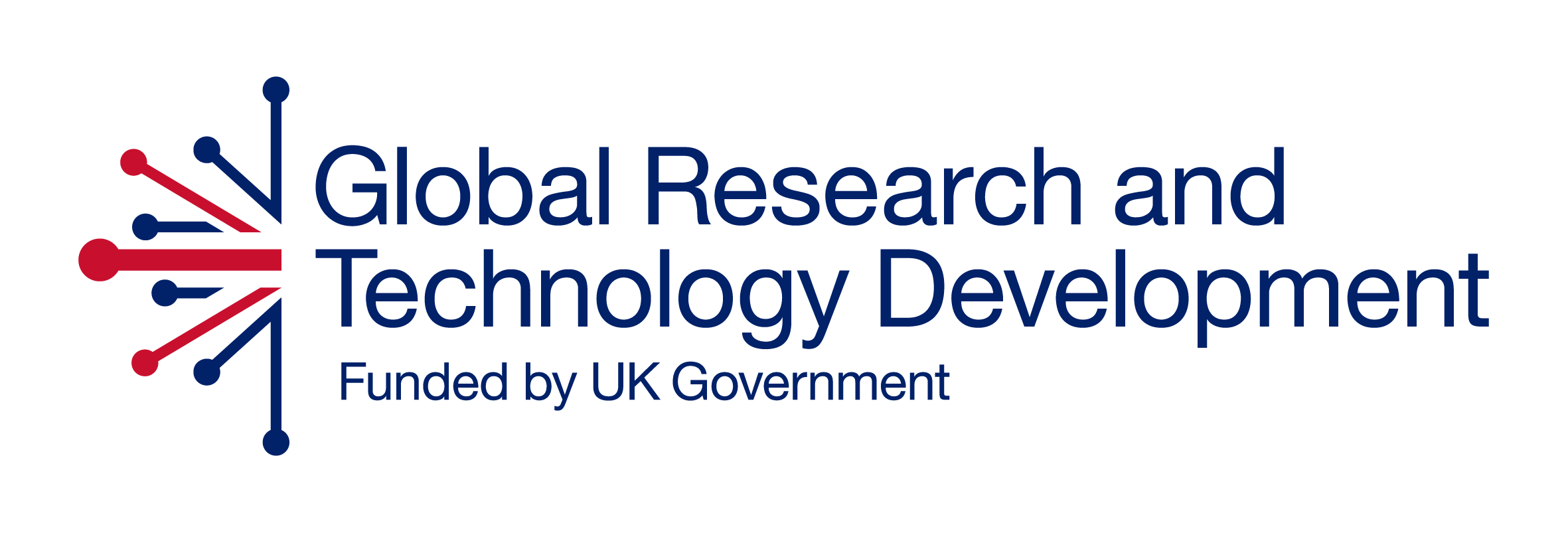The Global Education Evidence Advisory Panel (GEEAP) unveiled its latest report, “Effective Reading Instructions in Low- and Middle-Income Countries: What the Evidence Shows.” This report highlights that literacy is the cornerstone of all learning.
Walking the talk on evidence use in policymaking: Reflections from the FCDO Research Commissioning Centre

April saw the launch of two calls for expressions of interest for the FCDO Research Commissioning Centre (RCC) as part of our funding round on understanding evidence use in policymaking in Sub-Saharan Africa and South Asia:
- Call 1: Studies of evidence use in practice, which aims to understand how economic development policymaking processes work and the role of evidence within the political, institutional, and systemic context; and
- Call 2: Interventions to influence evidence use, which aims to advance empirical knowledge on how to improve the use of evidence in policymaking through rigorous evaluation of evidence-use interventions.
In a global fiscal context where the impact of every pound, dollar, or rupee spent must be maximized, the use of evidence in guiding policy decisions and public resources is more urgent than ever. As we eagerly anticipate proposals for these two exciting workstreams, we reflect on what we have learned so far and the opportunities in store for the RCC to further the “what works” agenda.
An extensive scoping period has been instrumental for informing our research priorities for these commissions
The RCC team undertook a comprehensive scoping phase to identify the priorities for the funding round. This included:
- a systematic review with the Pan-African Collective for Evidence on what works to increase the use of evidence for policy decision-making
- consultations with researchers, funders and practitioners working at the interface of evidence and policy
- consultations with senior economic policymakers in Sub-Saharan Africa and South Asia
- additional literature scoping
The scoping phase culminated in a pathfinding paper outlining a research agenda based on identified priorities and outstanding knowledge gaps, which in turn shaped the scope of the calls. The process was designed to ensure we commission research that will effectively fill key gaps in the literature and maximize opportunities to learn across the portfolio of projects.
Commissioning processes aim to reduce applicant burden and increase efficiency
As a new funder, the RCC is keen to learn from established funding bodies while also identifying opportunities to test new approaches. Following the recommendations of Professor Tickell’s Independent Review of Research Bureaucracy, we designed a two-stage commissioning process for the evidence use in policymaking program. By introducing a first stage that requires less information, we hope to reduce the burden on the research community while still allowing us to identify and support promising research teams and projects. We also initiated a range of mechanisms for sharing information with applicants and clarifying queries, including through two early market engagement events, a Q&A webinar after the call launch, and a dedicated program mailing list. We are delighted by the engagement these outlets have received and hope they have supported researchers to prepare their submissions. The feedback we’ve got from participants has been hugely valuable in shaping both our approach to the current commissioning and RCC processes more broadly.
We have included a short feedback survey as part of the application submission process and invite further recommendations for enhancing the applicant experience.
The program reflects the RCC’s commitment to equity, diversity and inclusion (EDI) and Southern engagement
A central pillar of RCC commissioning is that the research teams we commission reflect the populations the research is intended to serve. The scoping phase for this program benefited from the experience and expertise of a range of stakeholders, both within and outside the RCC consortium. In line with recommendations from ESSENCE and UKCDR and the London School of Hygiene and Tropical Medicine for supporting equitable research partnerships, we have taken active steps to expand the reach and diversity of RCC communications, including through in-person events in Cape Town and Nairobi, to ensure that the funding opportunities are accessible to researchers in the Global South. We additionally extended the submission timelines relative to other RCC commissions to provide applicants with more time to develop ideas and build partnerships.
We are hugely encouraged that the early market engagement events attracted participants from 30 countries and nearly two-thirds of the applications for Call 1 (the first to close) came from institutions in the Global South. All applications will be scored based on the diversity of their core research team, their demonstration of contextual expertise and substantive engagement of key local actors, and equitable partnership arrangements. We have noted with interest other innovative approaches to bolstering representation, such as the British Academy’s partial randomization of research grants, and will look to continue to drive learning in the sector.
Collaboration and coordination maximize learning in this critical area
We welcome increased global attention on evidence-informed policymaking (EIPM) and opportunities to align with other emerging work in this space. Representatives from the RCC and 3ie have participated in numerous fora, including the Global Evidence Summit, Africa Evidence Week, the Transforming Evidence Network conference, and the Evidence for Development conference, designed to advance the learning and practice agenda for EIPM.
We are actively exploring ways to maximize learning across both our own and others’ portfolios of research funding in this area – including opportunities for synthesis, cross-thematic learning and active consideration of what the findings might mean practically for increasing research uptake. This includes identifying opportunities for our funded partners to connect and learn from one another. We’ll also be seeking feedback on our EIPM conceptual framework and measures inventory to adapt and improve their framing in response to the commissioned work.
We’ve similarly engaged in fruitful collaborations with other complementary organizations and initiatives, including the British Academy and the Impact Funders Forum, and 3ie continues to play a leading role in the Global Evidence Commitment.
We are galvanized by the growing momentum of these movements and networks and look forward to continued coordination on this critical agenda!
The RCC is managed by 3ie and the University of Birmingham. You can learn more about it here or sign up to receive updates here.
See more
The vital importance of literacy
New report points the way forward for e-mobility in Africa
The Powering Renewable Energy Opportunity (PREO) programme launched its latest report – “Driving Interoperability: Insights from PREO’s E-Mobility Portfolio” at Africa E-Mobility Week 2025.
What does evidence-informed policymaking look like? A framework for conceptualising and measuring EIPM
The past two decades have seen a proliferation of activity supporting evidence-informed policymaking (EIPM) in low- and middle-income countries.
Successful treatment of bubonic plague
A ground breaking clinical trial has provided conclusive evidence to support WHO guidance that a simple, affordable oral antibiotic can improve bubonic plague treatment worldwide.

Your starting point for Foreign, Commonwealth and Development Office (FCDO) funded research and development.
Quick links

All content is available under the Open Government Licence v3.0, except where otherwise stated.

